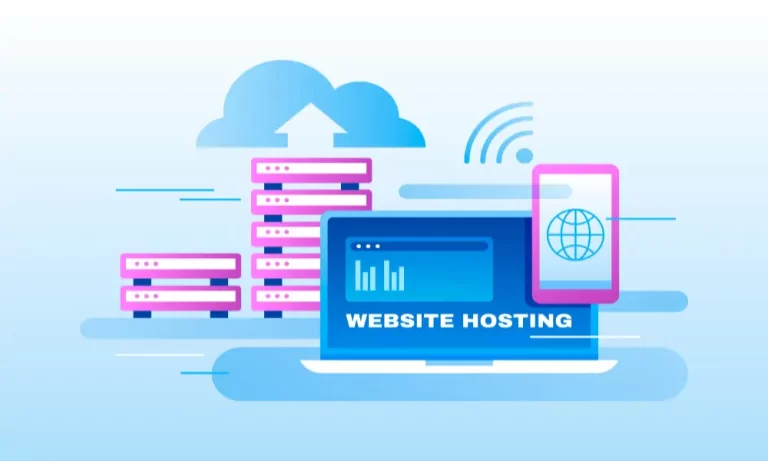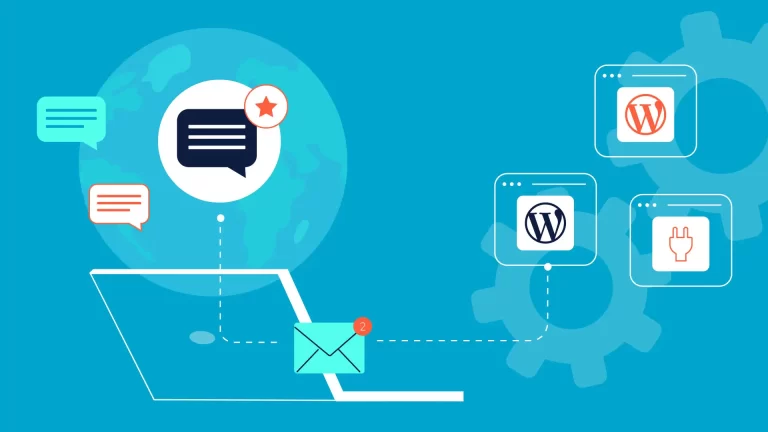Physical Address
304 North Cardinal St.
Dorchester Center, MA 02124
Physical Address
304 North Cardinal St.
Dorchester Center, MA 02124

Selecting the right web host is one of the vital strategic decisions that any startup or an existing WordPress website owner has to take. When choosing a hosting service it determines its speed, security, and scalability or overall performance of…

WordPress is an incredibly flexible platform on which more than 25% of sites on the Internet today are built. For the layman, mastering the features that this rather vast content management system, or CMS, presents can be quite challenging. As…